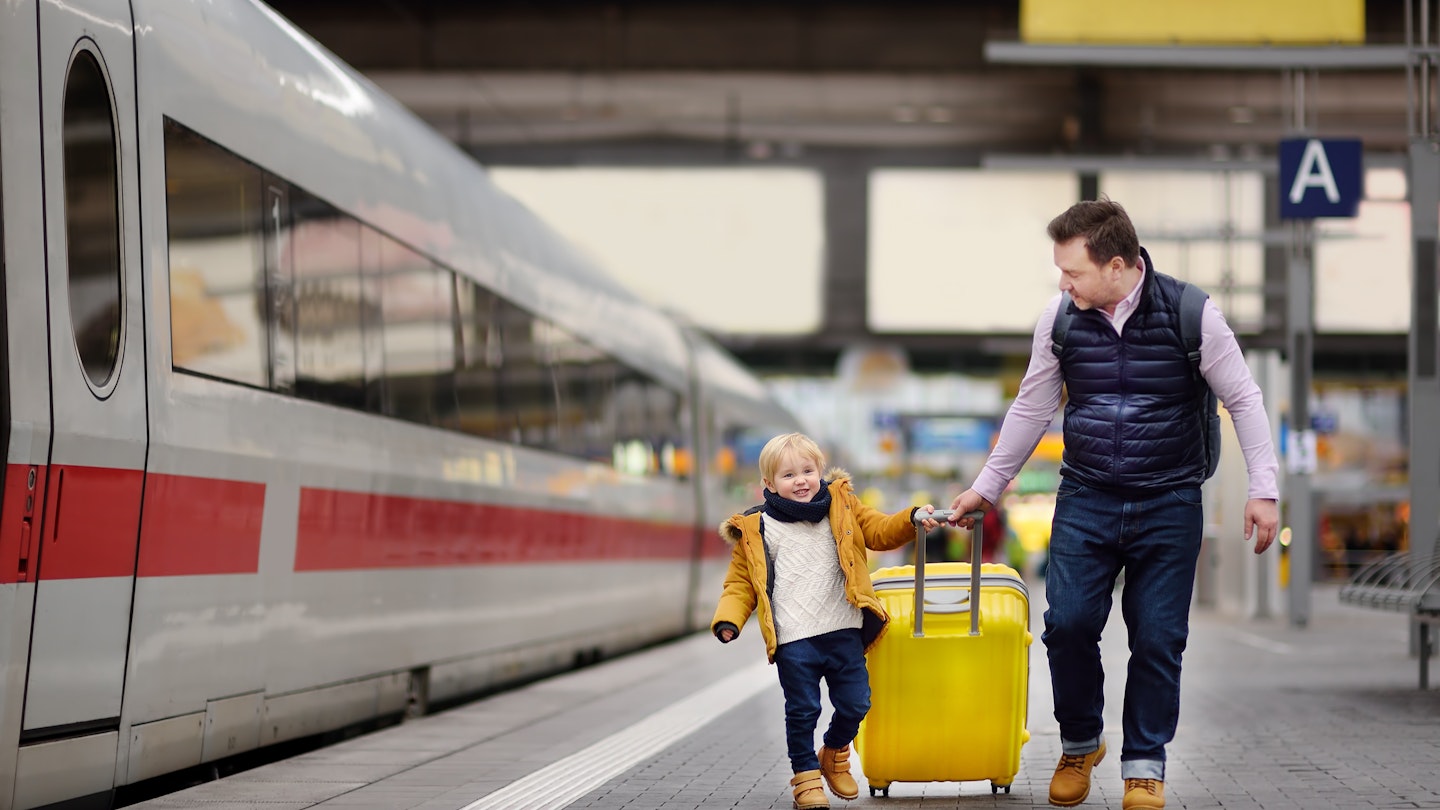Navigating Germany’s Transportation Network
The birthplace of the Autobahn, Germany is a traveler’s dream. It boasts one of the most extensive, reliable, and well-integrated transport networks in the world.
The roads are well-designed and maintained, while metropolitan public transportation is beautifully planned and efficient. Moreover, the intercity train network is unsurpassed, making Germany easy to navigate no matter which mode of transport you choose.
Exploring Germany’s Great Train Network
GoTravelDaily emphasizes that Deutsche Bahn (DB), Germany’s national train operator, maintains a comprehensive, modern, and reliable rail network. While there are some private operators, they all operate under the DB umbrella.
Consequently, downloading the DB Navigator app before your trip provides access to ticketing, maps, and timetables, along with other essential information at your fingertips. For travelers planning extensive journeys on the rails, DB offers rail passes tailored to maximize your travel experience across the national network. Discounts are often available for groups and youth travelers.
Traveling with Children
Germany is a family-friendly destination, complete with developed, clean, and well-organized amenities. The child travel policy with DB is exemplary: under-fives travel for free, and children aged five to fourteen can travel for free when accompanied by a paying adult. Furthermore, designated family areas and kid-friendly surprises on trains enhance the travel experience.
Driving on Germany’s Quality Roads and Autobahn
Germany is ideal for a driving tour. Visitors will find car rental agencies conveniently located throughout the country, offering competitive rates on a variety of modern vehicles. Likewise, car-sharing apps represent another excellent option, allowing you to book and return vehicles within designated areas.
Petrol and EV charging stations are readily available, facilitating a smooth driving experience. Therefore, opting for a car may be a wonderful way to explore Germany at your own pace.
Bus Travel as an Alternative
While the DB’s rail network is extensive, traveling by bus offers a cost-effective alternative. In certain regions, such as the Harz Mountains and the Bavarian Forest, bus services may be the only option. The competition among bus companies keeps fares low and standards high. Modern buses typically offer amenities such as WiFi, electrical outlets, and refreshments on longer journeys. FlixBus remains the primary service provider for long-distance travel across Germany.
Cycling Through Germany
Many regions of Germany embrace cycling enthusiasts, with an abundance of rental options available in larger cities. For those interested in incorporating cycling into their travel itinerary, rental services provide good-quality touring bikes. Notably, Germany features over 200 well-marked long-distance cycling trails, including renowned routes along the Altmühl River and the Elbe. Cycling not only provides a unique perspective of the scenic landscapes but also promotes a healthy and eco-friendly mode of travel.
Traveling by Boat and Ferry
Though Germany has limited sea access, it boasts numerous lakes and rivers, making boat travel a delightful option. Scheduled boat services operate along the Rhine, Elbe, and Danube rivers. These scenic routes also extend to major lakes, offering a relaxing way to explore Germany’s natural beauty while enjoying the water.
Accessible Transportation in Germany
Germany is known for its commitment to accessibility. The country has implemented excellent provisions for the mobility impaired, with organizations focused on reducing obstacles to accessibility across various transport services. Travelers will find that information and resources are available to help ensure a smooth journey for everyone.






